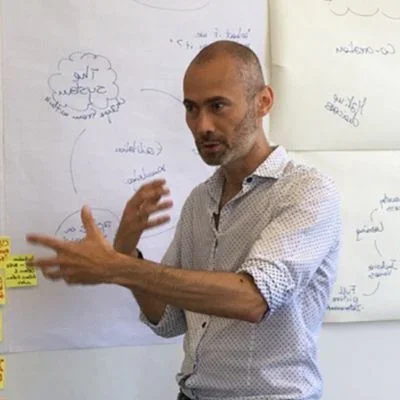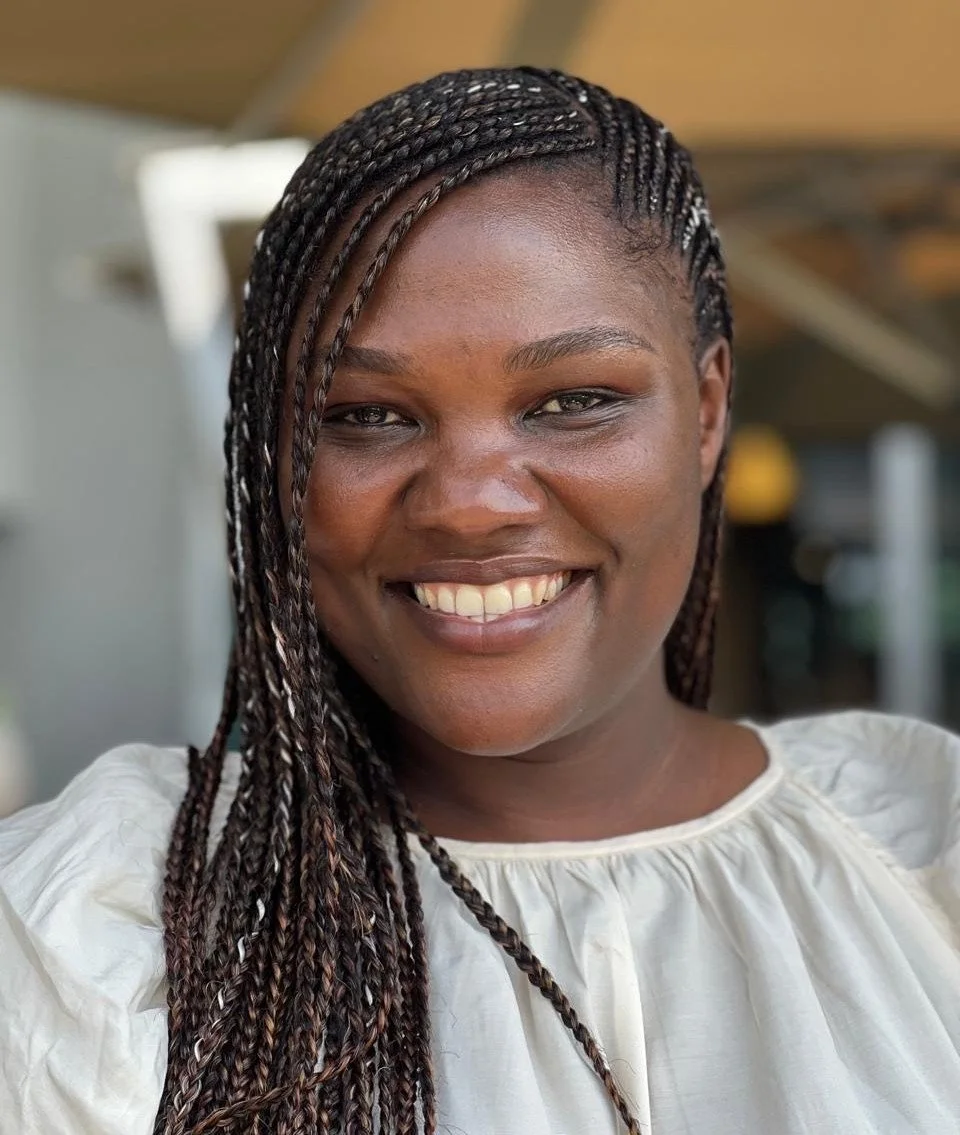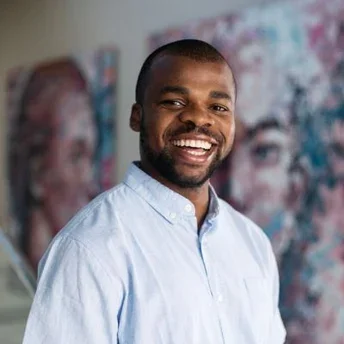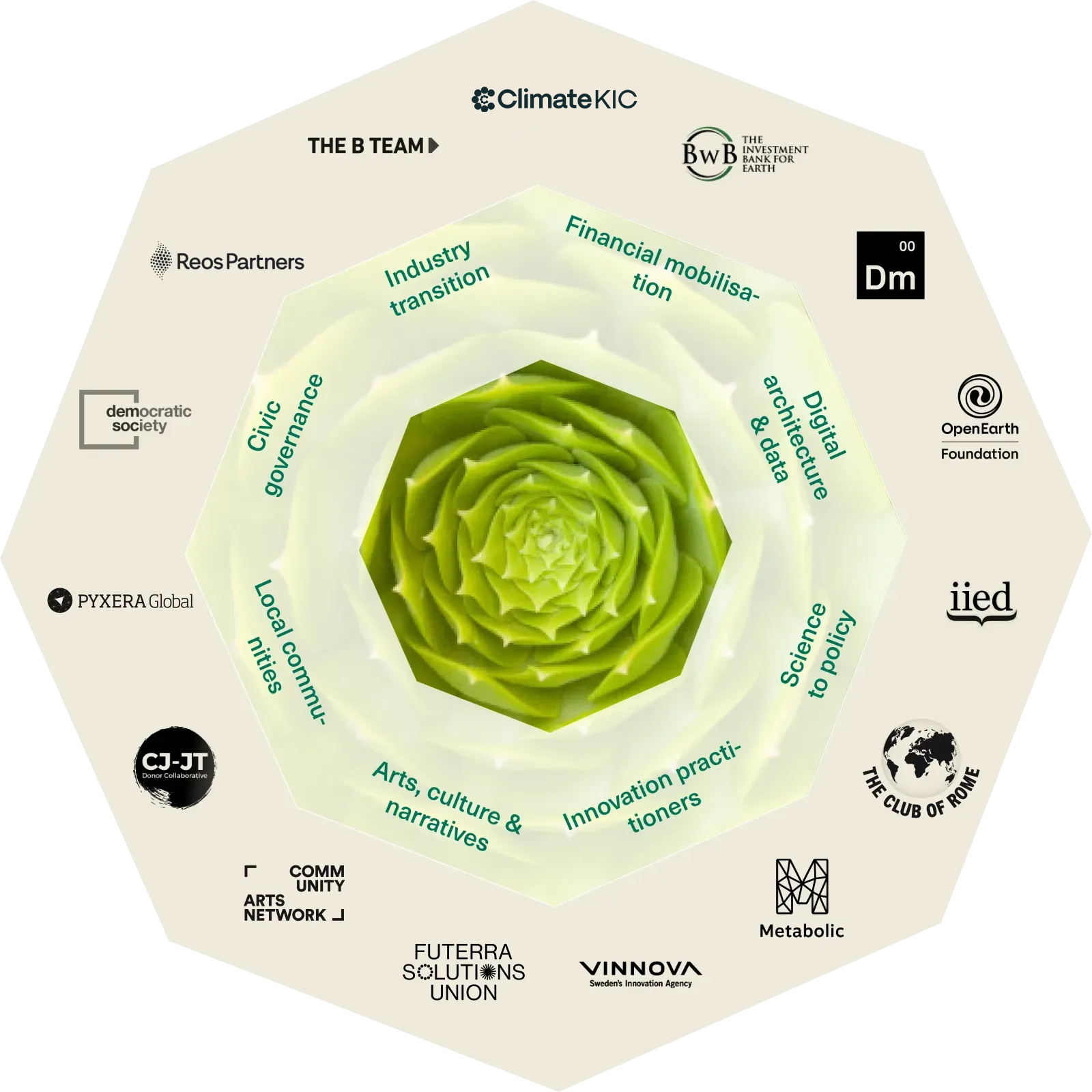Who we are
The Reos Institute acts as a force multiplier for collaborative initiatives aimed at systems change.
The Reos Institute has been created to avoid the pitfalls and contribute to the successes of multi-stakeholder collaborations. It aims to ensure that time, attention, and resources invested in such efforts are used effectively and that the relationships, insights, and capabilities generated are activated for real impact.
The Reos Institute is a catalyst for social and environmental transformation.
We convene, host, and equip innovators to:
Break down silos across sectors and geographies.
Build coalitions for action.
Design solutions that shift systems from harm to long-lasting positive impact.
Meet the Team
Governance
The Reos Institute is a legally independent, tax exempt, non-profit entity, registered in the canton of Geneva, Switzerland. The Association has no profit purposes or commercial activity, and no particular or exclusive political or religious affiliation. It is governed by an executive board, elected by the membership.
Network
We are part of the global Reos network, and share its ethos, name and core approach.
The Reos Institute is born out of a global social impact company, Reos Partners, which helps teams of stakeholders make progress together on their most important and intractable issues.
Over the past two decades, the Reos Partners team has worked on several hundred multi-stakeholder processes on six continents, and on topics spanning all of the Sustainable Development Goals. They have worked alongside, trained, and coached convenors of systems change initiatives and contributed to the strategic architecture, facilitation, evaluation, and leadership of such efforts. They have generated and published new knowledge and approaches for working with diverse others in an increasingly polarised world.
The Reos Institute is also an active member of the Systemic Climate Action Collaborative (SCAC), a coalition that unites 14 diverse partners across six continents.
SCAC brings together leading foundations, corporations, philanthropists, and public institutions in a drive for holistic, integrated, and cross-sectoral climate solutions.
The Collaborative seeks to move beyond fragmented efforts in climate action by aligning ambitions, exchanging learning, pooling resources, and committing to systemic transformation to address climate change’s interlinked challenges.











